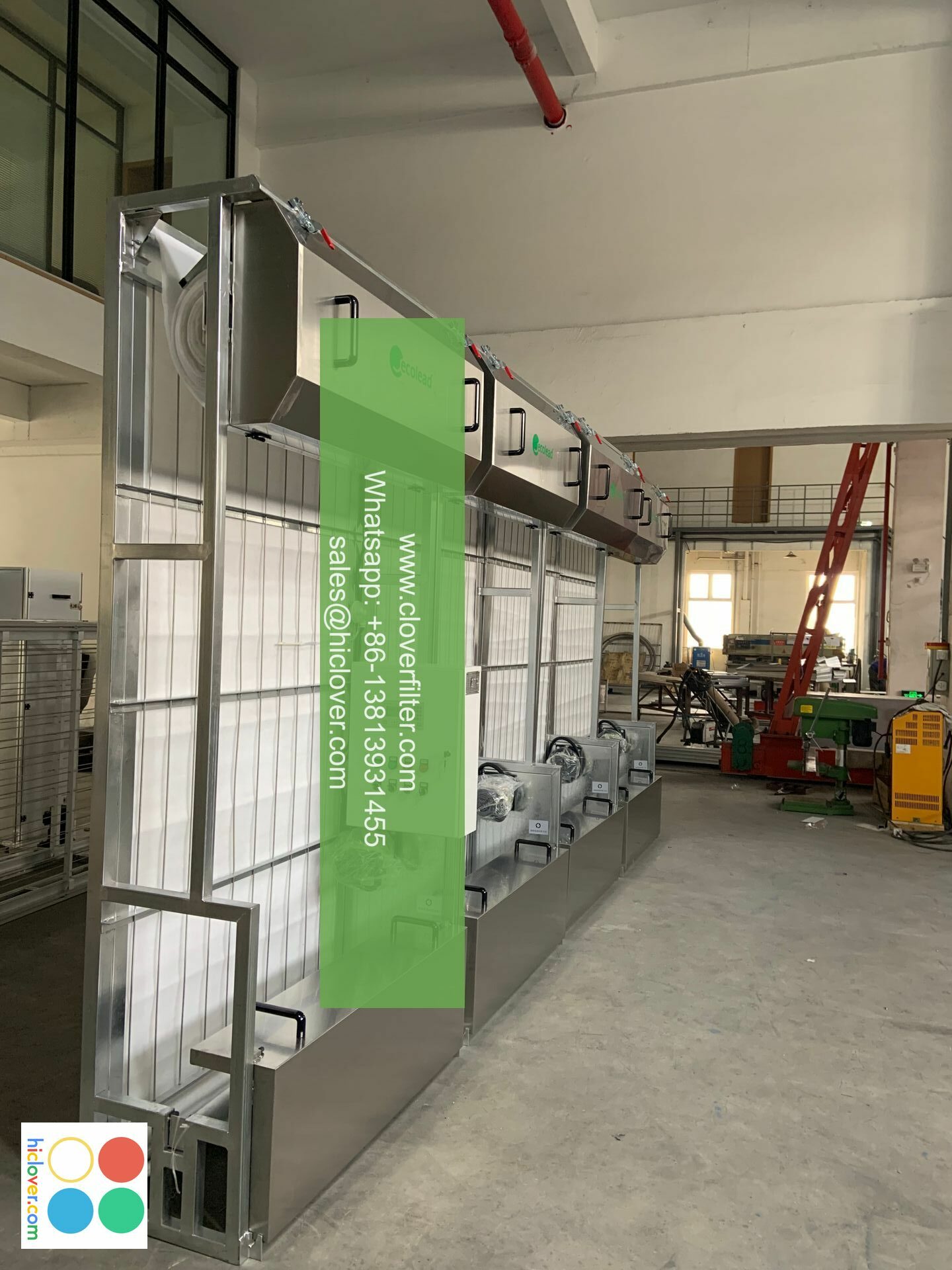Revolutionizing Industrial Air Quality: The Benefits of Automated HVAC Filters

Revolutionizing Industrial Air Quality: The Benefits of Automated HVAC Filters
Introduction
Industrial operations rely heavily on functioning HVAC systems to maintain a healthy and productive work environment. However, traditional air filtration methods can be time-consuming, labor-intensive, and often ineffective in maintaining optimal air quality. In recent years, automated HVAC filters have emerged as a game-changer in revolutionizing industrial air quality, offering numerous benefits that can be applied across various industries. In this article, we’ll explore the advantages of automated HVAC filters and highlight their applications in different sectors.
The Problems with Traditional HVAC Systems
Traditional HVAC systems often rely on manual labor to clean filters, which can lead to:
- Inefficient air circulation: Ductwork clogged with debris, dust, and other pollutants can compromise air quality, causing discomfort, fatigue, and reduced productivity.
- Increased energy consumption: Clogged filters require increased energy to maintain airflow, resulting in higher utility bills and a negative impact on the environment.
- Maintenance challenges: Manual filter cleaning can be hazardous, time-consuming, and may require costly repairs or replacement.
- Improved air quality: Automated filters provide continuous, precise cleaning, ensuring cleaner air and a healthier work environment.
- Increased energy efficiency: With reduced air resistance, automated filters optimize airflow, decreasing energy consumption and associated costs.
- Reduced maintenance: Automated filters eliminate the need for manual cleaning, reducing the risk of damage and prolonging system longevity.
- Enhanced system reliability: Automated filters ensure consistent performance, minimizing downtime and maintenance requirements.
- Manufacturing: Pharmaceutical, food processing, and automotive facilities require precise control over air quality to maintain product quality and employee health.
- Healthcare: Hospitals and medical centers benefit from reduced airborne pathogens and allergens, creating a safer environment for patients and staff.
- Commercial office spaces: Improved air quality reduces employee absences, increases productivity, and enhances overall work satisfaction.
- Data centers and server rooms: Precise temperature and humidity control, along with reduced dust and debris, ensure optimal equipment performance and minimal downtime.
The Advantages of Automated HVAC Filters
Automated HVAC filters have revolutionized the way industrial facilities manage air quality by offering:
Key Application Areas
Automated HVAC filters are being used in a variety of industries, including:
Conclusion
Automated HVAC filters have transformed the way industrial facilities approach air quality management, offering numerous benefits that trickle down to increased employee satisfaction, reduced operating costs, and improved overall efficiency. By adopting these technologies, industries can ensure optimal air quality, enhance productivity, and contribute to a healthier, more sustainable environment. As the demand for cleaner air continues to grow, automated HVAC filters are poised to revolutionize the way we think about industrial air quality management.
I’m happy to help with a prompt! What would you like me to assist you with? Do you have a specific question, topic, or task in mind?


